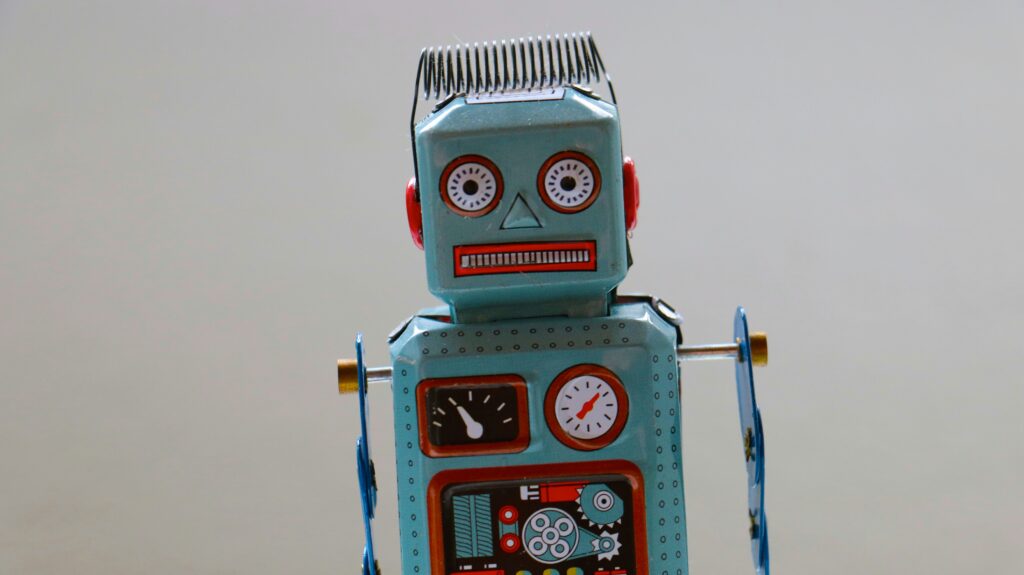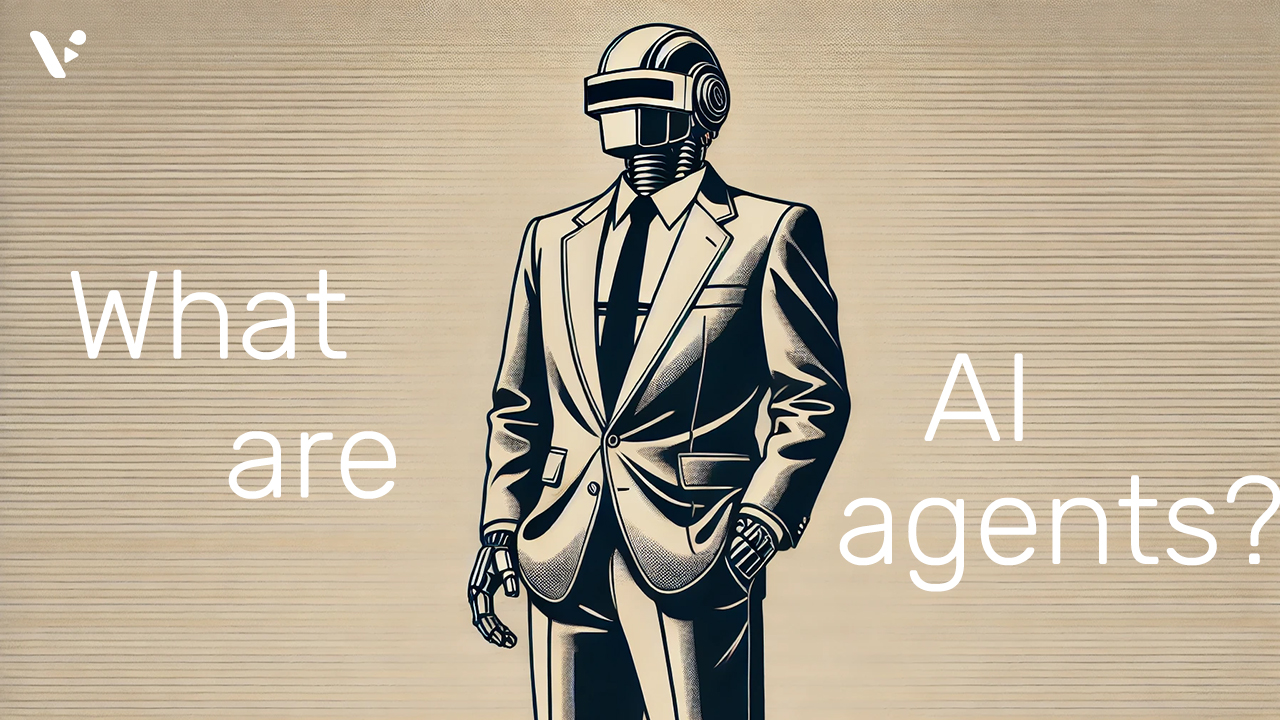Artificial intelligence has come a long way, and one of the coolest things it’s brought us is AI agents. But what exactly is an AI agent, and why is it such a big deal? Let’s break it down in a way that’s easy to understand and fun to learn.
AI Agents 101

An AI agent is like having a highly intelligent personal assistant. It can figure out what you need, make decisions, and get things done without you having to tell it every little step. Unlike simple chatbots or voice assistants like Siri, AI agents are built to handle more complicated tasks. They can do things like set up your calendar, plan trips, or even organize your work projects to fit your style. It’s like having a digital helper that learns what you like and gets better over time.
Even though the term “AI agent” isn’t new, recent improvements in artificial intelligence have made them much more powerful. Tools like these can understand text, voice, video, and even interact with physical things, like robots. They’re becoming more advanced every day, making them more useful in both personal and professional settings.
How do AI Agents work?
AI agents use smart computer programs, machine learning, and something called Large Language Models (LLMs) to do their jobs. Here’s what they can do:
- Understand normal speech: They get what you’re saying, even if you don’t use incredibly specific commands. You can talk to them like you would a friend.
- Make decisions: They look at data and pick the best way to get a task done. For example, they might decide which route is fastest for your commute.
- Work on their own: Once you set them up, they don’t need you to watch over them all the time. For instance, they might plan your day or keep track of your chores without reminders.
- Get better over time: The more they work with you, the smarter they get at figuring out what you like and how to help you better.
These agents can be either software agents (like ChatGPT helping with reminders) or embodied agents (robots or virtual characters in games). Think of software agents as the ones living in your computer or phone, while embodied agents can physically interact with the world.
Is this like letting a random person use my computer?
Not at all. AI agents aren’t people, and they’re not here to snoop on you. They’re just programs designed to make your life easier. Sure, they automate tasks and make decisions, but they only do what you tell them to do. They’re like tools that respond to your commands, not something that acts on its own without your input.
For instance, if you use ChatGPT’s Tasks, it might remind you to finish your homework or send a birthday text. But it can’t go digging through your emails or buy things online unless you’ve specifically given it permission. That’s why these systems are designed with safety and privacy in mind.
This is why trust and safety are important. Developers are working hard to keep these systems secure and make sure they only do what they’re supposed to. For now, they’re more like friendly helpers than anything else. It’s like having a toolbelt of smart gadgets.
How do AI Agents relate to LLMs and Generative AI?
Large Language Models (LLMs) like GPT-4 are the brains behind modern AI agents. These models are trained on tons of information, so they can understand and reply to you in ways that sound natural. They can answer questions, solve problems, and even hold conversations that feel very human.
Generative AI takes things a step further. It lets AI agents create things, like writing emails, drafting reports, or even coding. That’s why AI agents can handle so many different jobs—from making shopping lists to helping with creative projects. Imagine having a smart assistant who can also write stories or make art for you.
The best part? LLMs make AI agents more proactive. Instead of just responding to what you say, they can suggest things and even figure out what you need before you ask. For example, they might notice you have a busy week and offer to rearrange your schedule for you.
How long until AI Agents do everything for me?
Don’t hold your breath just yet. While AI agents are getting better fast, they’re still not ready to do everything on their own. They’re great for specific tasks, but they’re not smart enough to handle everything in your life without some help. They’re amazing tools, but they’re not magic wands.
One big problem is that they can only remember so much at a time. If you’ve been chatting with an AI for a while, it might forget important details from earlier in the conversation. Scientists are working on fixing this, but it’ll take time. Right now, they’re kind of like someone who’s great at short conversations but struggles to keep track of a long story.
Also, most AI agents need you to set them up or give them instructions. They’re helpful tools, but they’re not magic. You still have to be involved in the process to make sure everything runs smoothly.
Does this mean AI agents can think and reason?
Not really. AI agents might seem like they’re reasoning, but they’re just following patterns and rules. They don’t actually think or understand like people do. They’re really good at solving problems based on what they’ve learned, but they don’t have feelings or opinions.
For example, if an AI agent writes a business letter for you, it’s not because it understands business. It’s just pulling from all the examples it’s learned to figure out what works. That’s why you still need to check their work, especially for important work. They’re smart, but they’re not perfect.
(Potential) problems with AI agents
AI agents are cool, but they’re not perfect. Here are some things to keep in mind:
- Limited Memory: They can only handle so much information at once (this is known as their context window), which can cause mistakes in longer tasks. This is one of their biggest limitations right now.
- Unreliable Outputs: Sometimes they make facts up or get things wrong, which can be annoying or even harmful. You have to double-check their work.
- Privacy Concerns: People worry about how much personal information AI agents might access. Keeping them secure is a big challenge for developers.
- Hard to Integrate: Adding AI agents to existing tools or systems can be difficult and time-consuming. It takes effort to make everything work together smoothly.
Even with these challenges, AI agents have the potential to be incredibly useful. Engineers and researchers are working every day to make them safer, smarter, and better for everyone. The future is exciting, but it’s also important to be realistic about what they can and can’t do right now.

